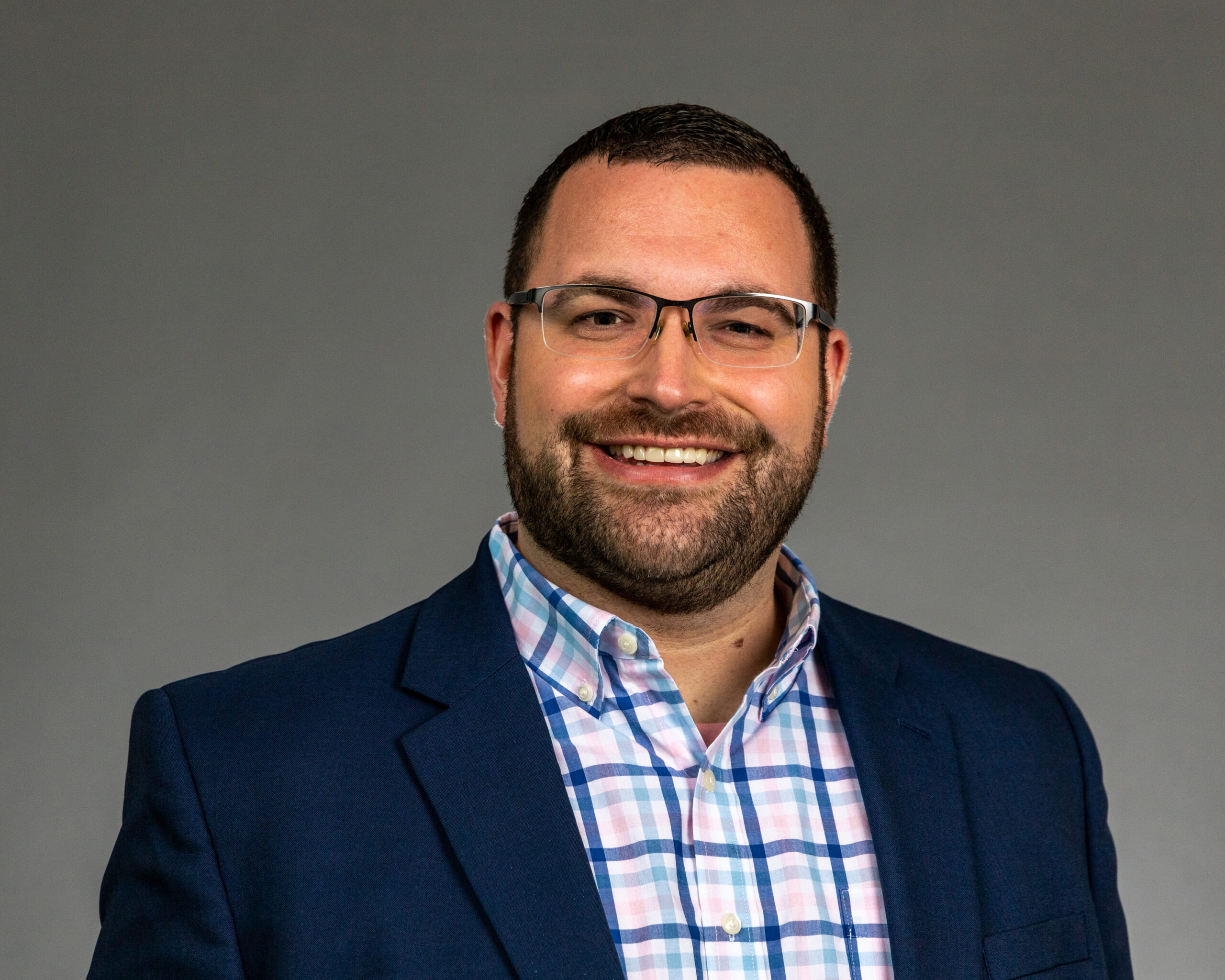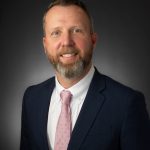
By: Josh Kornberg
My senior year of college, I was outed by someone. It shocked me. I wasn’t ready for that experience yet, and I was at a loss as to what to do.
I had been involved with my church–a relatively conservative one–since late elementary school, and it was a fundamental part of my identity. When I was outed, I faced a choice: Was I going to turn my back on who I knew I was? Or was I going to turn my back on the church?
These were not easy questions to answer. I kept telling myself to “suck it up” and push through the pain. I could have denied it and moved on.
Maybe you haven’t been in this exact situation, but I’m sure there’s a time you’ve been told (or you’ve told yourself) to “suck it up.” That’s an easy route to take in a moment of pain or suffering. You don’t have to examine what’s causing you pain, or confront someone who hurt you.
But “sucking it up” can only get you so far. Eventually, you will need to confront what happened and the people that were a part of it. Strong leadership requires doing hard things, and nothing is harder than taking the time you need to heal.
When I was outed, I didn’t know what to do. The church was such a part of me that I couldn’t think about my life without it. I had gotten so much from my involvement. After high school, I did internships at churches across the country, and then ended up interning at the church I grew up in.
Once I was outed, I made the decision to come out and experience what that meant for me, regardless of what it meant for my life in the church. The first place I went was my pastor’s office to talk with him about it. My hands were sweating as I sat down, and my stomach was in knots. I told him the truth–that I was gay.
He was gracious and kind, like he always was. We talked about what this meant, for me, for him and for our church. He gave me words of encouragement, some that I will never forget. Through all of this, he told me the best thing I can do is to give myself permission and time to heal.
This advice should be our antidote to the voices that tell us to “suck it up” through pain. Instead, we need to give ourselves permission to heal, and the time that takes. Without giving ourselves that permission, we risk staying in the past and not moving on, unable to see what is possible for our future as leaders and holding us back from achieving our true potential.
A friend of mine was recently laid off, and he thought he was fine. He thought he had processed what it meant for him and that he was ready to move on. But he found himself stewing on what had happened, and he had a lot of hostility for his former coworkers. Clearly, he was not ready to move on.
We all should give ourselves permission to heal and spend the time to do it. But what does that healing look like, and how do you know you have healed? Here are some things I’ve learned from my experience–not just my experience coming out in the church, but in other moments large and small in my life:
● Give yourself permission to walk away: Sometimes, you need to remove yourself from the situation. After my conversation with my pastor, I left that church, assuming that I would never set foot in it again. I needed to give myself permission for that space, and be ok with that. I felt hurt, and to heal, I needed space from those who had hurt me.
Taking this space put me on a completely different path than what I was on. I went into nonprofit work, supporting homeless teenagers; working with women in addiction; and helping individuals with developmental disabilities. I would have never gone down this path without taking the space I needed. Through all that messiness, I found peace through my own type of ministry. It was a different type of ministry than what I had in the church, but it was a ministry all the same.
● Give yourself permission to talk: I could have made my decision to leave the church and not have the conversation with my pastor. But I didn’t, because he was too important to me. I wanted to connect with him and have him hear me. If I didn’t get that closure, I could have held on to some resentment that would have stuck with me to this day.
These healing conversations should be informed, well-thought out discussions. As much as you need to step away to take the space you need, you also need to lean in to engage with those that may have hurt you. It shouldn’t be a debate, but a civil discussion about each individual experience. Both parties should do their homework and research to understand not just the facts of a situation, but why we believe the things we believe. You may not come to a place of agreement in these discussions, but honest listening is a critical part of healing.
● Give yourself permission to take time: Time is the most valuable resource we have. I always struggle to give myself time to do anything, because I know how precious it is. But healing is just as precious and we need to take all the time necessary for that healing.
Sometimes, we can also go further or to places we don’t expect by taking time to heal. I took time to heal, and now I am back involved with another local church in my community. Even though I swore never to set foot in my home church again, once I had time and space, I was able to return. The daycare I serve as an administrator for is now based in that church, and I once again have great relationships with the members of the congregation.
If I hadn’t taken that time, I wouldn’t have healed myself enough to find purpose and fulfillment in other ways, and had the strength to find forgiveness. That forgiveness allowed me to return and help them create a new ministry within their church with the nonprofit daycare.
These ways to heal are not only important for us as leaders, but also for our communities and nations. We are a country divided, with much healing that needs to take place. We have an epidemic of mass shootings and violence coming out of a pandemic that led to too much death. These past few years have only accelerated our division and heated political discourse, and it’s up to us to begin the healing to help us move beyond this troubling time in our nation’s history. Giving ourselves that permission to start that healing process is the only way we can begin.











